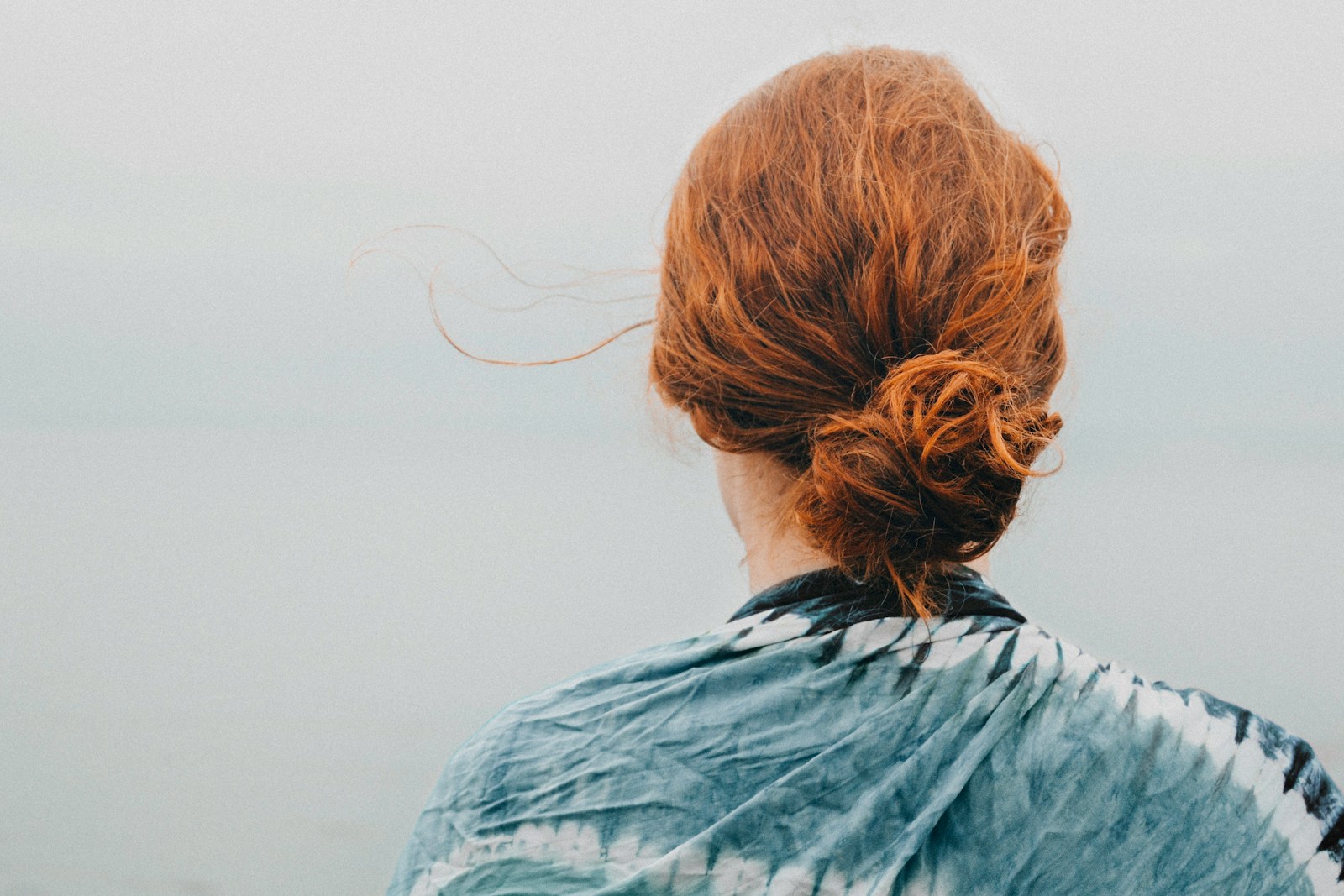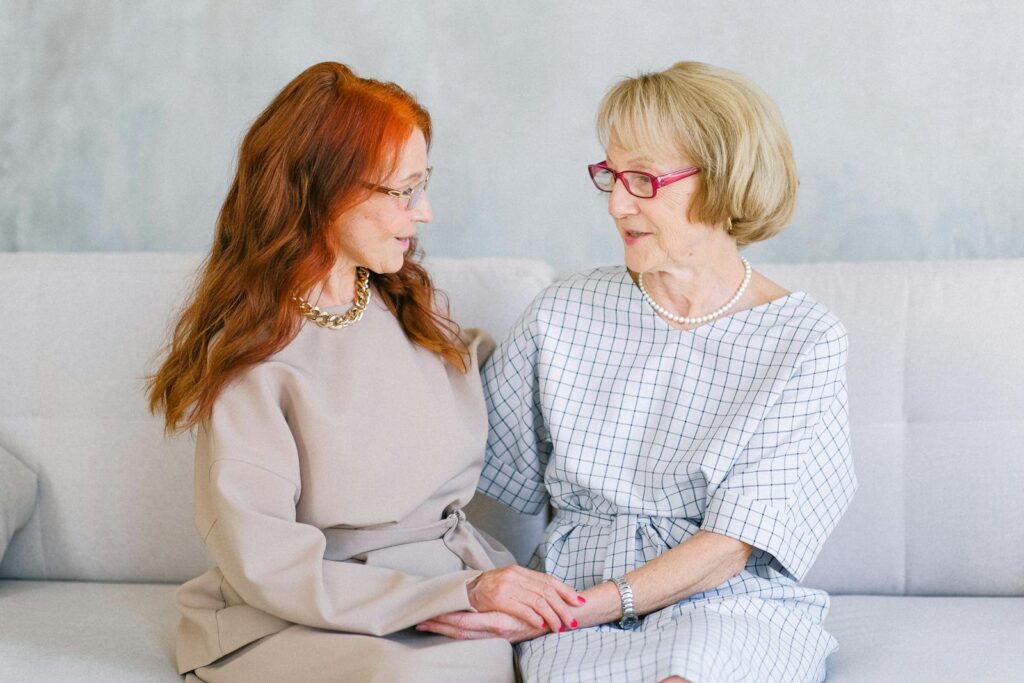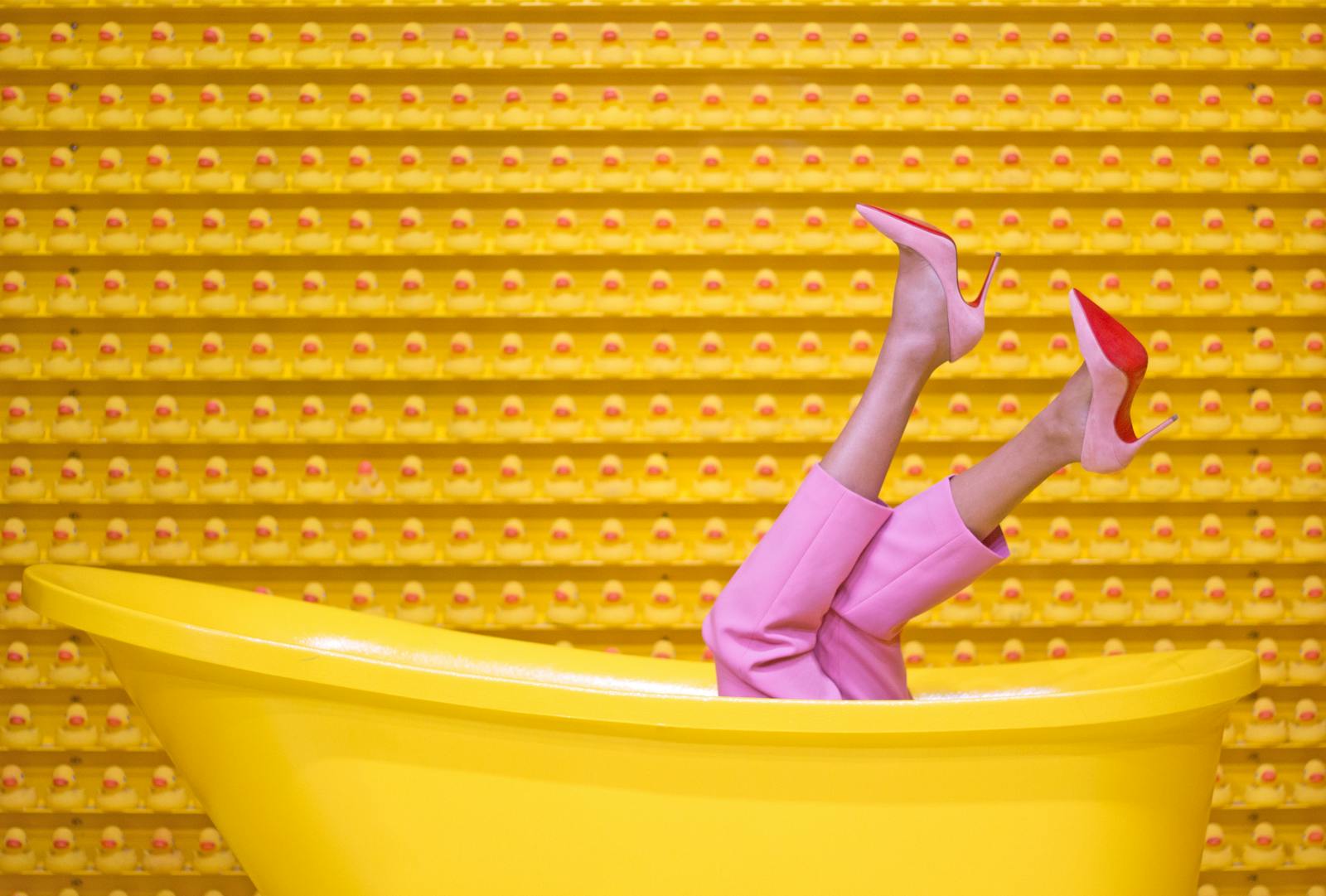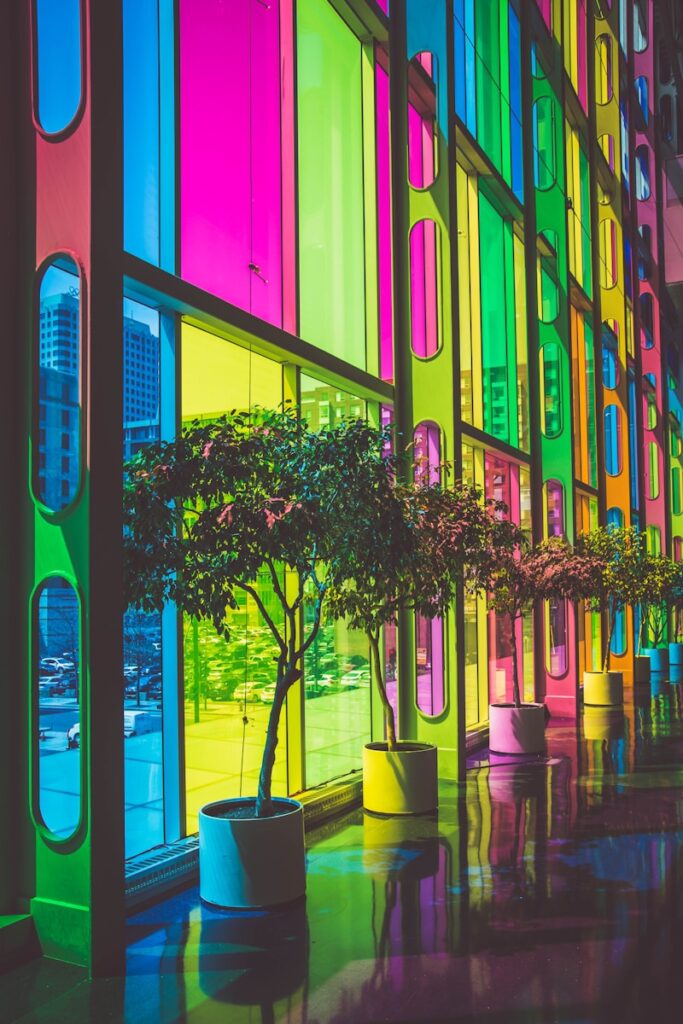
There’s a certain magic in color that has captivated humans for centuries. In the mid-19th century, as dyeing technology advanced, the textile industry was revolutionized, offering a vast palette of shades for the first time. However, this explosion of colors also led to some fashion disasters, prompting the need for guidance on which hues were truly flattering. Enter Michel-Eugène Chevreul, a French chemist whose theories on color harmony offered solutions for ‘ill-dressed and gaudy-looking women.’ Chevreul’s recommendations, tailored for different complexions, are reminiscent of the seasonal-color analysis that has surged in popularity today.
Fast forward to the digital age, and the quest to find one’s perfect color palette has found a new home on social media. Platforms like Instagram, TikTok, and Pinterest are brimming with content on seasonal-color analysis, a method that categorizes individuals into ‘seasons’ based on their skin tone and features. This method, which first gained traction in the U.S. during the 1980s, has seen a resurgence, captivating a new generation eager to discover their most flattering colors.
The appeal of seasonal-color analysis lies in its promise of immutable self-knowledge. Unlike fleeting fashion trends, the colors that suit someone are seen as permanent, offering a sense of identity and belonging. It’s no wonder that communities dedicated to each of the color ‘seasons’ have sprung up online, providing a space for individuals to connect and share experiences.
The process of color analysis, often depicted in mesmerizing draping videos, is simple yet captivating. A client, devoid of makeup, is draped in various colored fabrics as a consultant evaluates which shades enhance their complexion. These sessions, which are increasingly being shared on social media, highlight the transformative power of color in a tangible way. For many, identifying as a ‘bright winter‘ or a ‘true autumn’ offers clarity in a world overwhelmed by endless fashion choices.
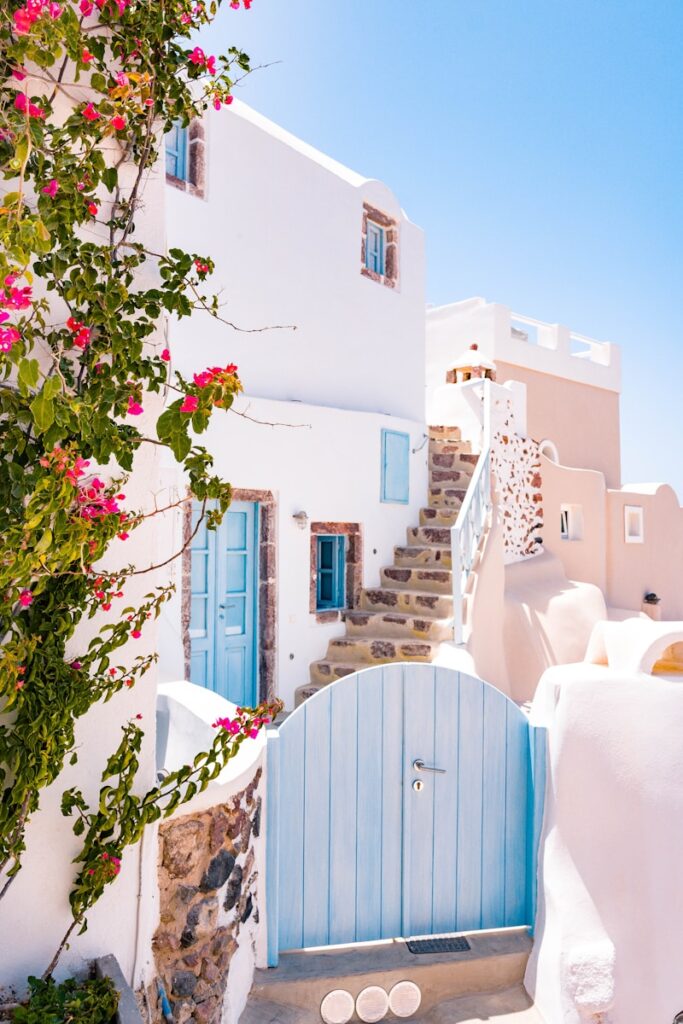
But the world of color analysis isn’t without its complexities. The original four seasons outlined by Carole Jackson in her book, ‘Color Me Beautiful,’ have evolved into 12 or even 16 subseasons, reflecting the diverse range of human complexions. This evolution, while more inclusive, also introduces new layers of complexity, requiring a deeper understanding of color theory and its practical application.
Despite its challenges, the enduring appeal of color analysis lies in its ability to simplify the often-daunting task of selecting a wardrobe. By understanding which colors naturally complement one’s features, individuals can make more informed fashion choices, ultimately boosting their confidence. This personal empowerment, coupled with the communal aspect of online color analysis communities, has solidified the method’s place in modern fashion culture.
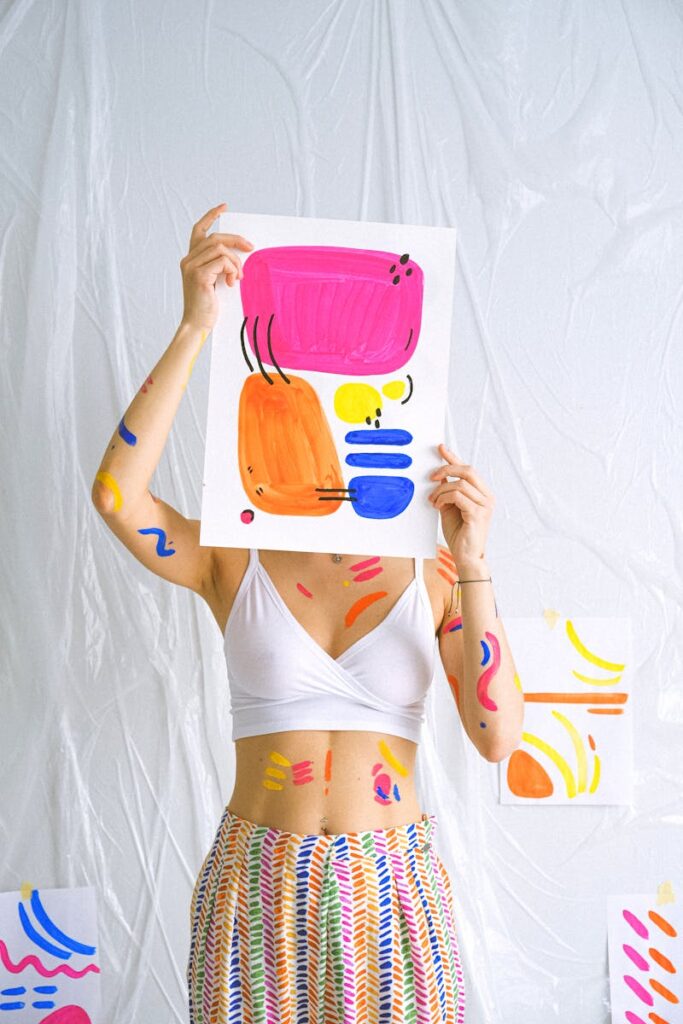
In essence, the journey to discover the perfect color palette is as much about self-exploration as it is about fashion. By aligning one’s wardrobe with their natural coloring, individuals can present their best selves to the world, turning the simple act of dressing into a powerful statement of identity.
Stepping into the world of color analysis was an exhilarating, intimidating, and ultimately transformative journey for me. I initially approached the idea with a healthy dose of skepticism. Could the right shades truly make such a significant difference in how I look and feel? But curiosity, paired with a desire to refine my work wardrobe, pushed me to invest $300 in a professional color analysis session. What followed was nothing short of eye-opening.
Read more about: Revamp Your Wardrobe: 15 Shades to Elevate Your Style According to Color Psychology
Upon arriving at the stylist’s studio, I was both excited and nervous. The consultant’s cozy space was adorned with an array of colorful fabrics and intriguing tools. It felt like stepping into a sanctuary dedicated to the art and science of color. The stylist began by explaining the process. She would drape me in different colored fabrics, devoid of any makeup, to see which hues made my complexion come alive. It was a simple concept, yet the anticipation of discovering my true colors was thrilling.
As the session commenced, I sat facing a mirror, with the stylist gently draping various fabrics over my shoulders. The process was mesmerizing. Some colors instantly illuminated my features, while others seemed to wash me out. The stylist’s trained eye caught subtleties I couldn’t, pointing out how certain hues accentuated my eyes or harmonized with my skin tone. It was like watching a painter bring a portrait to life with every choice of color.
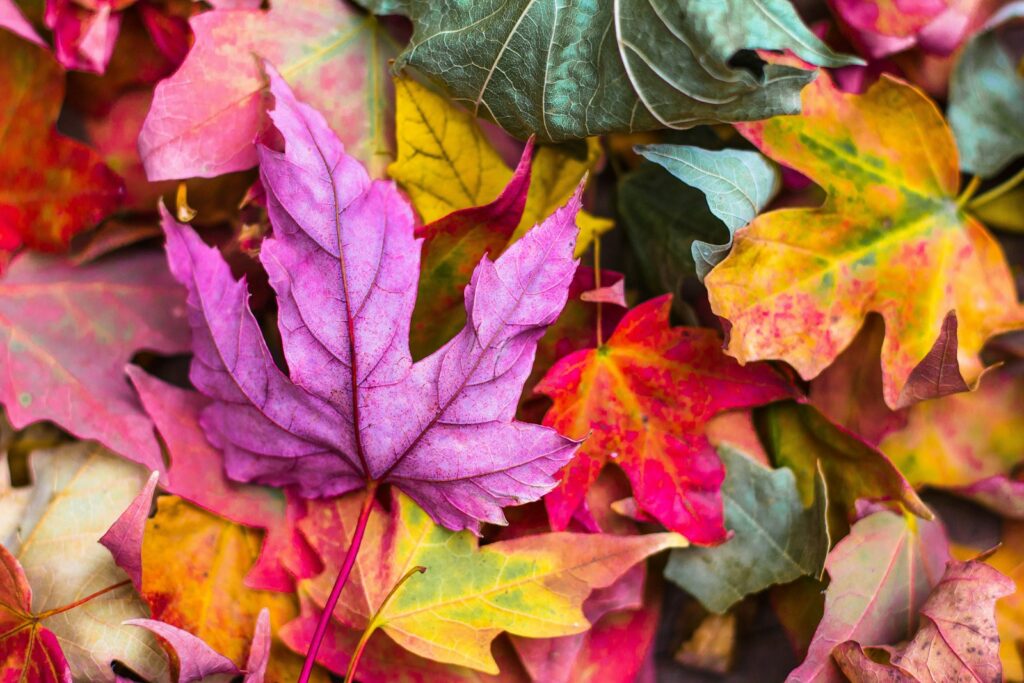
The result? I was categorized as a ‘soft autumn,’ a palette I hadn’t expected. Rich, earthy tones were my allies, colors I had always admired but seldom embraced. The session had a profound effect on me, sparking a newfound confidence and understanding of my personal style. Suddenly, shopping for clothes and dressing for work became an empowering experience rather than a daunting task. My wardrobe choices became more intentional, and the compliments from colleagues were an added bonus.
This experience taught me that color analysis is more than just a superficial exercise in vanity; it’s a journey to self-discovery. By understanding what enhances our natural features, we can project confidence and authenticity in every aspect of our lives. It’s not about rigidly adhering to a prescribed set of colors but embracing the ones that make us feel vibrant and true to ourselves.
Read more about: Color Psychology: What Your Wardrobe Tells Who Are You
The $300 investment was not just for a session of draping and color swatches; it was a gateway to personal empowerment. It offered a clearer sense of identity, helping me navigate the overwhelming world of fashion with newfound clarity. The confidence I gained extended beyond my wardrobe, enhancing my presence in professional settings and boosting my self-assurance in ways I hadn’t anticipated.
Reflecting on my color analysis journey, I encourage others to explore this transformative experience. It’s an opportunity to step outside of our comfort zones, to experiment and discover new facets of ourselves. Embracing the colors that resonate with us has the power to uplift, inspire, and redefine the way we see ourselves. And who knows, you might just find yourself oozing with confidence, ready to conquer whatever challenges come your way, just as I did.
Related posts:
What Not to Wear
Who are the Direct Care Workers Providing Long-Term Services and Supports (LTSS)?
TikTok’s color analysis trend has arrived in the Capital Region

